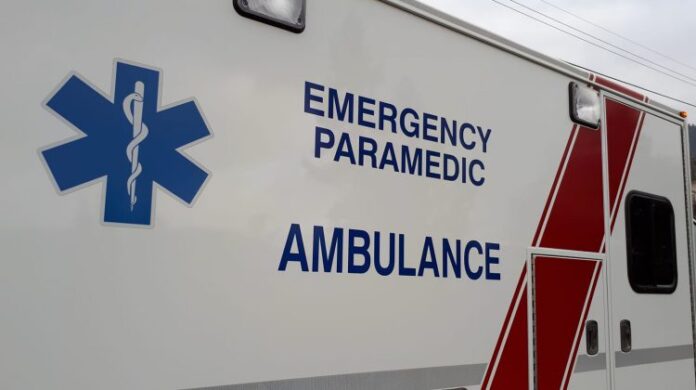The Ambulance Paramedics Association of BC (APBC) says the mental health crisis continues it’s having a lasting impact on the service’s members.
According to the union, approximately 30 per cent of their members (including paramedics and dispatchers) are either off work battling mental health or are still continuing to work while receiving treatment.
APBC president Jason Jackson says the increase in numbers is staggering and if the crisis continues it could severely impact healthcare providers and patients.
“We are witnessing unprecedented levels of mental health and wellness claims amongst our members,” he says. “It’s clear to all of us that we desperately need help, and more importantly, tangible solutions.”
He says paramedics have been overworked since the COVID pandemic began, and there is no end in sight for them (emergency personnel) to get the break they need.
“From the pandemic to the never-ending opioid crisis, and even the devastating heat-dome, on top of our already busy regular calls, our members simply never get a break,” Jackson says. “We understand the commitment we made when we chose this profession, but there has been a more relentlessly busy period in emergency healthcare for first responders.”
According to the union, last year paramedics responded to one million calls for service across the province, and the number continues to climb.




